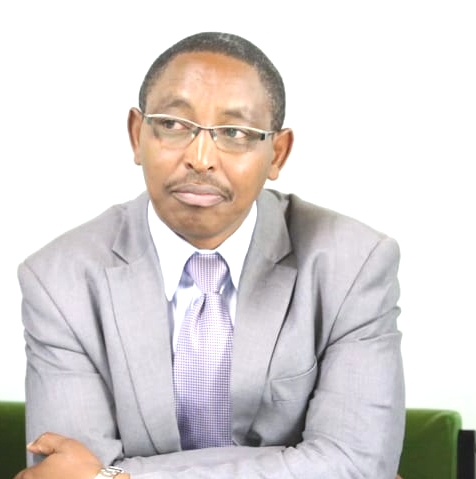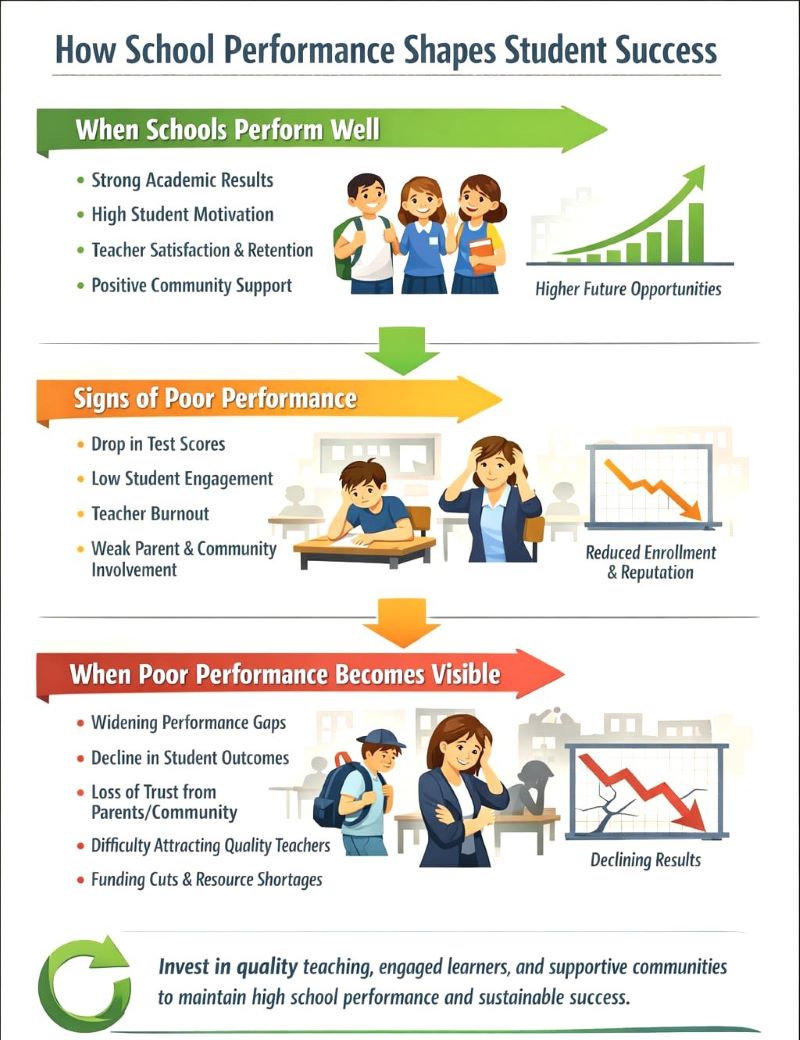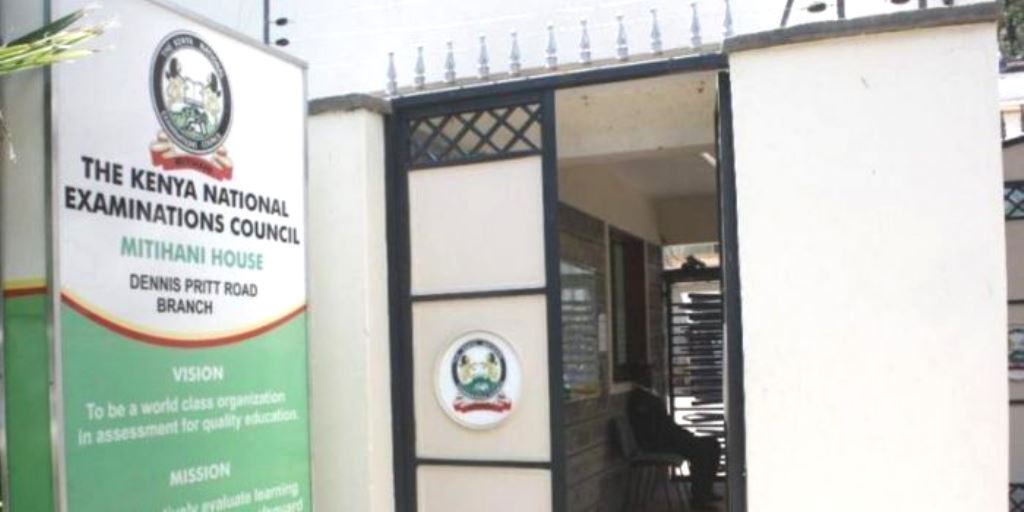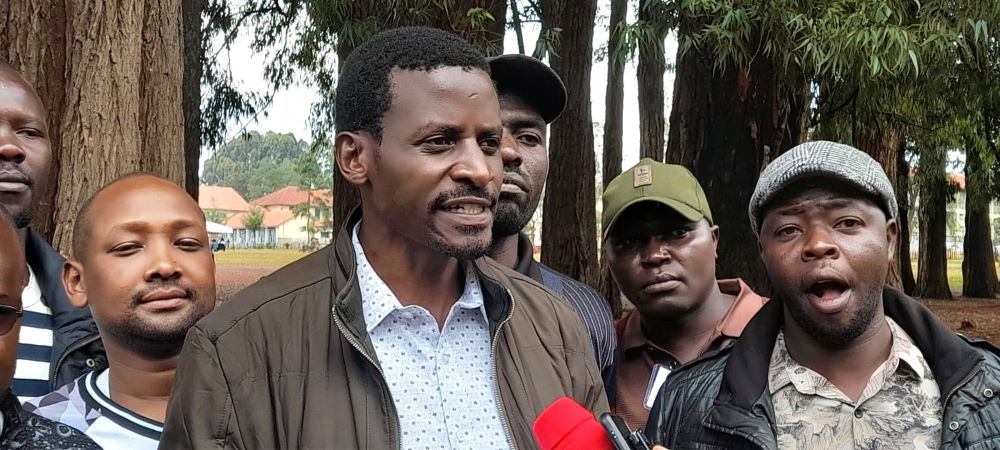Secondary School principals have been urged to creatively and proactively participate in providing solutions to the challenges facing the Competency-Based Curriculum (CBC) ahead of the transition to Grade 10 next year.
Nyanza Region Director of Education Lawrence Karuntimi said that implementing the CBC at primary and junior school levels has had some challenges that senior schools can evade to bring about access and equity in education.
He said the challenges include inadequate teacher training, inadequate infrastructure and resources to support learning, low integration of information, communication, and technology, and unclear assessment standardisation.
“Other than training such as the ones by CEMASTEA, there is a need for training at the institutional level. This is where the principal comes in by ensuring the existence of functional quality assurance departments,” said Karuntimi.
Karuntimi spoke at the Migori County branch regional meeting of the Kenya Secondary School Heads Association (KESSHA) today at a Kisumu Hotel.
The regional director called on the school heads to prioritise projects that will benefit the learning of Grade 10 students come January 2026.
“I appeal to you to prioritise what kind of infrastructure you need in the short term for us to implement the CBC,” he said.
The education official noted that the Teachers Service Commission (TSC) will continue to post more teachers to lower the student-to-teacher ratio and improve the quality of interactions.
Stream live
He said the TSC will also creatively rationalise the deployment of facilitators (teachers) by using ICT to stream live.
He pointed out that CBC has suffered severe tongue-lashing over the perceived heavy involvement of the parents in learners’ homework.
To avoid carrying this problem to the senior schools, Karuntimi urged the principals to enhance awareness campaigns on the role of the parent during parents’ meetings in school this year.
Migori County Director of Education Jacob Onyiego observed that, unlike the 8-4-4 Education System (currently being phased out), the Senior Schools under CBC must be made so that every student feels that they belong.
This will go a long way in protecting every student’s race, religion, geographical location, and physical attributes.
“Senior schools must provide a place where every student can return and have a moment with their creator,” said Onyiego, addressing the need to create diverse places of worship within the institution.
Onyiego said, “The Constitution of Kenya and the Basic Education Act both envisage a situation where race, physical attributes, and religion are not used to discriminate against some students.”
READ ALSO:
Placement into senior schools will be anchored on the principles of learner-centred equity and fairness, inclusivity, and transparency among stakeholders.
The government of Kenya projects that the Senior School students will be between 15 and 18 years old.
The KESSHA members were enlightened about the workings of the senior school under CBC.
Every senior school will be expected to offer at least two pathways and a maximum of three, depending on its capacity.
As such, the schools will be categorised as having double or triple pathways.
They will also be categorised as either mixed or single-gender, and in terms of accommodation, they will be either day or hybrid.
Lastly, special needs categories, such as special needs or vocational schools, will also be categorised.
Onyiego explained that the existing boarding schools must introduce a day wing.
Decongesting boarding schools
According to the Ministry of Education, opening day wings in existing boarding schools would have advantages, such as maximising the use of available resources and decongesting boarding schools.
It also aims to reduce admissions from bed capacity, enhance parental responsibility for closely monitoring student discipline, cater to learners with health challenges, and dignify the perception that boarders are better than day scholars.
“Not more than five learners from the same Junior School will be placed in the same boarding school,” he explained.
Every boarding school will take at least 10 per cent of day scholars, and learners will join schools of preference.
Compulsory subjects in Senior School will be English, Kiswahili, Physical Education and Community Service Learning.
A student will choose a maximum of seven subjects, three of which are elective.
Learners, parents and teachers are to be given priority in choosing pathways in the order stated.
The three pathways are STEM (Science, Technology, Engineering, and Mathematics), Arts and Sports, and Science and Social Sciences, accounting for 60 per cent, 15 per cent, and 25 per cent, respectively.
School uniforms will be mandatory for senior school students.
“Please ensure that there is a very strong career and guidance office in your schools,” said Dr Samuel Obudho, Senior Deputy Director, TVET at the Kenya Institute of Curriculum Development (KICD).
By Depot Ochieng’
You can also follow our social media pages on Twitter: Education News KE and Facebook: Education News Newspaper for timely updates.
>>> Click here to stay up-to-date with trending regional stories
>>> Click here to read more informed opinions on the country’s education landscape
>>> Click here to stay ahead with the latest national news.






